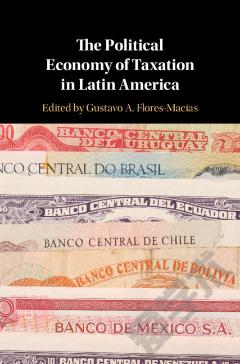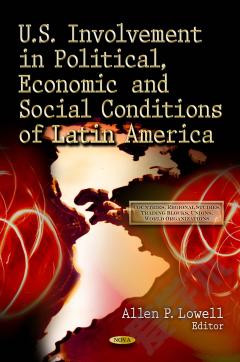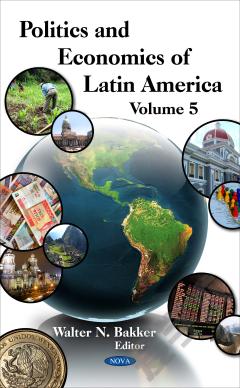The Political Economy of Taxation in Latin America
Paying taxes is one of the least popular activities worldwide. Latin america in particular is notorious for having low direct taxes, weak compliance and enforcement, and high levels of inequality. Although fiscal extraction has gained renewed interest among governments in recent years, with the end of the commodity boom adding special urgency, the successful adoption and implementation of tax reforms is easier said than done, even when tax policy prescriptions are widely shared. This volume provides the first comprehensive, region-wide assessment of the role of political factors, including public opinion, democratic institutions, natural resources, interest groups, political ideology, and state capacity. What explains the region's low levels of taxation? what explains the low progressivity in its tax structure? and what explains considerable differences across countries? in addressing these questions, each of the volume's chapters makes original theoretical and empirical contributions toward understanding how to overcome the political challenges to taxation.
{{comment.content}}








 京公网安备 11010802027623号
京公网安备 11010802027623号